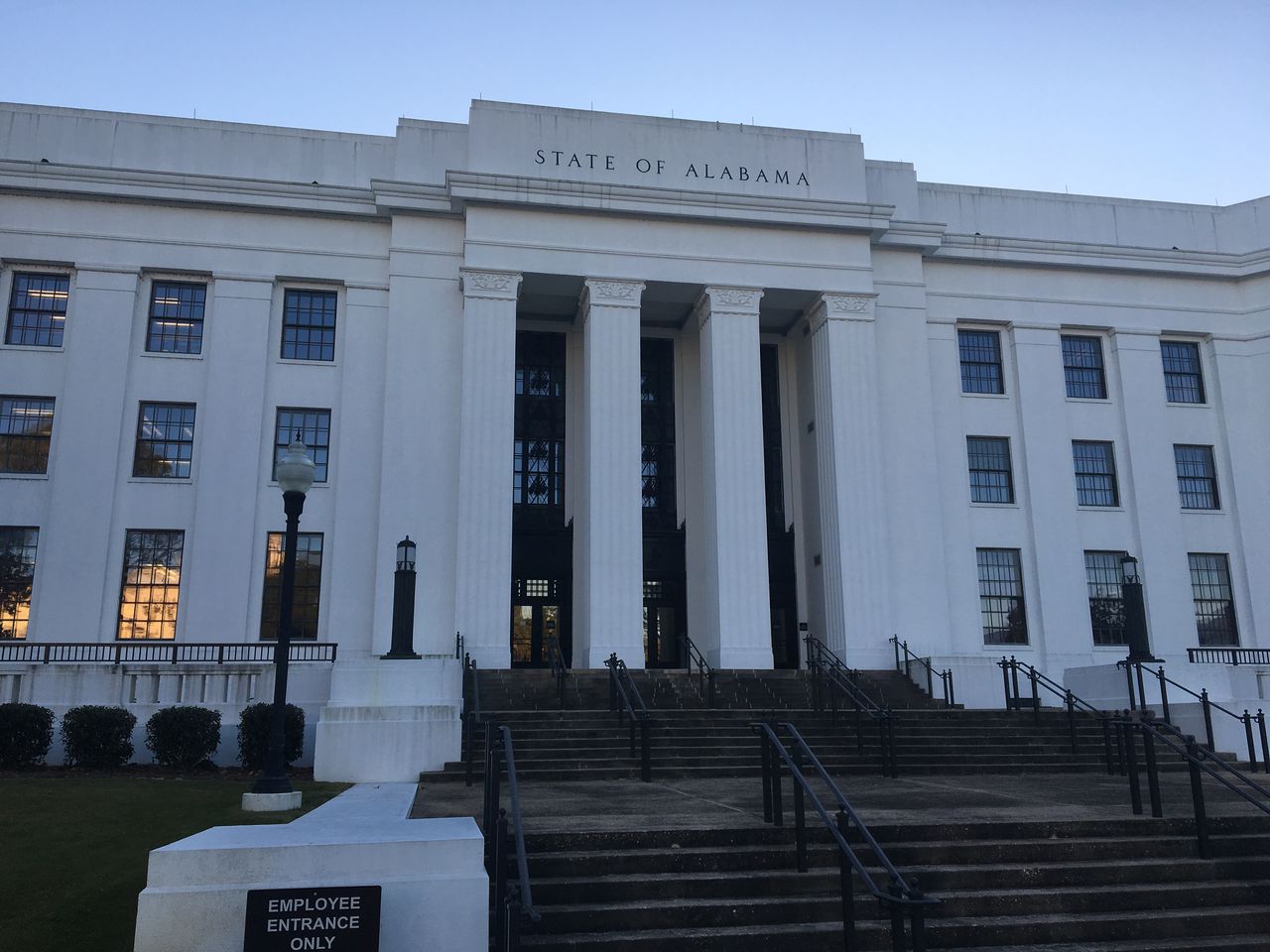Alabama asks judge to keep its execution secrets a secret
The state of Alabama is asking a federal judge to keep confidential certain information about what happened during the failed execution of Alan Miller last month.
U.S. Judge R. Austin Huffaker Jr. for the Middle District of Alabama last week ordered the state produce documents by Thursday related to the execution attempt – information being sought by Miller’s attorneys in a federal lawsuit.
But the Alabama Attorney General’s Office on Thursday asked Huffaker to first issue an order to keep certain information they would provide in the case from being made public.
Specifically, the state according to its request, wants to protect the confidentiality of present – and past – members of the execution team who Miller’s attorneys want to depose and allow the execution team to instead be identified by pseudonyms. The state also asks to keep confidential the identities of the individuals or companies that provide the state prison system with material and supplies related to executions, as well as security information in the Alabama Department of Correction’s execution protocol.
If the members of the execution team were to be identified, those on the team may resign rather than face “harassment, violence, threats or unwanted attention from media, activists and the public,” according to an affidavit from Terry Raybon, the warden at William C. Holman Correctional Facility where executions are held. It would be difficult to replace members on the execution team, he stated.
Also, Miller’s lawyers were previously given a redacted version of the state’s execution protocol, but if given the unredacted version that “could be used to track the locations of personnel before, during, and after the execution, or could be used to identify the people involved in the execution,” the Attorney General argues.
Releasing the list of suppliers also would put “undue burden not only on the supplier and its employees subjecting them to the risk of harm, violence, or harassment, but also creates an undue burden by making difficult for the State to obtain the necessary supplies or equipment necessary to perform an execution,” the state argues.
The judge had previously ordered ordered the Alabama Department of Corrections to preserve all evidence and communications from the failed execution.
Holman has retained possession of the equipment used when preparing Miller for execution on September 22, 2022, including the gurney, Raybon noted in his affidavit. Previous versions of its execution protocol have been produced in court cases in the past but with security information redacted, the affidavit also noted.
Huffaker late Thursday afternoon gave Miller’s attorneys until Nov. 1 to respond to the state’s request.
Miller, was set to be executed on Sept. 22 by the state of Alabama for his August 5, 1999 shooting spree that left three men dead at two businesses in Shelby County. But the lethal injection execution was called off minutes before midnight, when the state’s death warrant was set to expire.
The U.S. Supreme Court had cleared the way for the execution to proceed about 9 p.m. Miller’s execution was called off at approximately 11:30 p.m. that night because his veins couldn’t be accessed within execution protocol time limits, Alabama Department of Corrections Commissioner John Hamm said that night.
The Alabama Attorney General’s Office has asked the Alabama Supreme Court to set another execution date for Miller, but Miller’s attorneys have asked the state high court to deny that motion or hold off until Miller’s federal lawsuit is adjudicated.
Miller’s filing said the state “subjected Alan Miller to a terrifying experience of being strapped down to a gurney for several hours, stabbed with needles all over his body by a group of men who would not identify whether they possessed any medical credentials, unsure if he would live or die up until the very moment that his death warrant expired.”
“Miller does not claim that he is innocent of the crimes for which he was convicted, nor does he contest the validity of his death sentence. Rather, Miller is simply asking that the State of Alabama follow its own law… and execute him in accordance with his timely election of nitrogen hypoxia,” Miller’s legal team argued.
The state legislature added a new option for execution, asphyxiation by nitrogen, although that method has not been used yet. Miller is requesting that instead of lethal injection. He says he signed up for execution by nitrogen hypoxia during a 30-day window but the state says he didn’t.
“The State has made a rushed demand for a second attempt at an execution that it bungled badly the first time,” Miller’s lawyers argued.”
